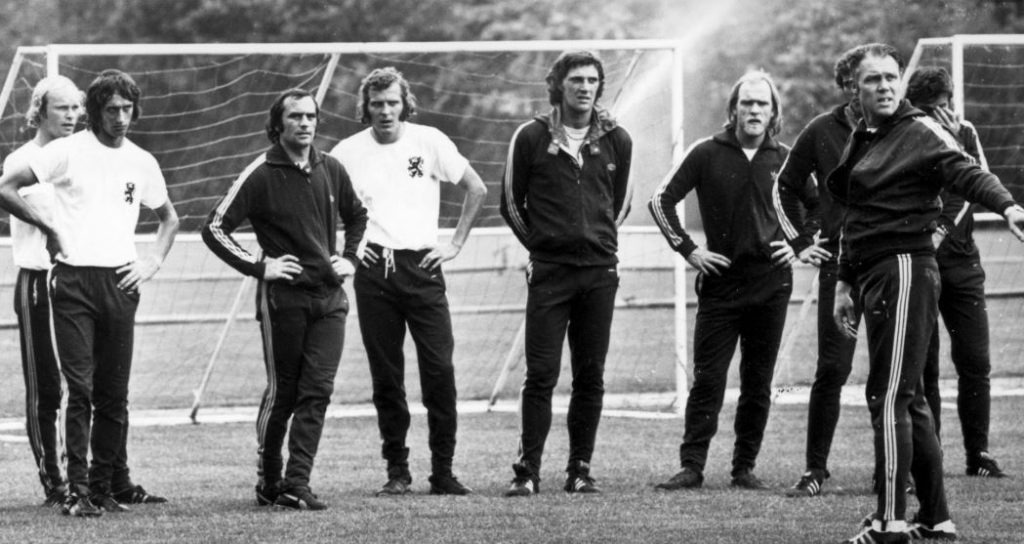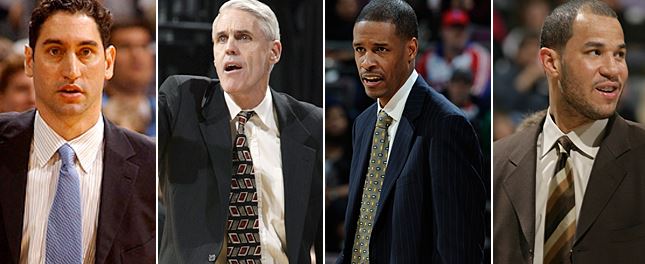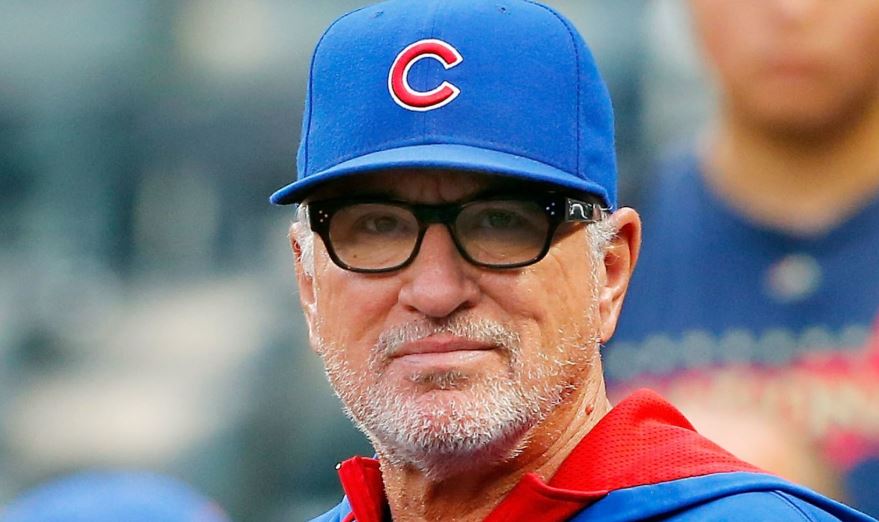The Most Popular Traits of Any Great Coach

Being a great coach is asking more than just knowing the game inside out, more than having an eye for talent, skill and little ability. It also requires the expertise to take several individuals and to turn them into a powerful force, a team of players working as one. It takes a massive amount of people skills and the ability to bring out the best of each member to the benefit of the team. It takes some special skills and traits. Here are some of the characteristics which are vital for any coach from school levels up to professional coaching.
Communication
Communication on various levels is vital to express your vision, but also to help team members to communicate with each other successfully. When a coach reveals the idea for the team, it should be done in a manner where mutual respect is displayed, where it is clear that the team’s success depends on every single member of the team. Regardless of whether it is a pre-game speech or during training, the vision should be communicated with mutual respect. The coach is in many ways also a personal coach, sometimes needed to assist with a lack of communication skills between team members. Any great coach knows that conflict between team members divides the attention from the ultimate goal and vision.
Leadership
Whether it is on the court or off, the coach is the leader of the team, the respected person, who is leading the team and who has the abilities to lead with respect gained. The coach is also available for advice off the court. When team members are struggling with personal matters and the coach is sought for guidance and advice, then the respect gained is returned on the court. A great coach knows that anything that distracts a player’s attention from the game should be attended to realize the team vision.
Flexibility
Some days the team is up and sometimes there are down. As a coach, you are always working with the inconsistency of humanity. Being flexible and still bringing the best out of the day is an essential characteristic of any great coach. Changes are sometimes made, injuries happen, and the coach needs to not only adapt but also assist the rest of the team to adjust as well.
Magnificent Teachers
Great coaches never stop teaching. They teach life lessons, lessons of perseverance, of overcoming hardships, of performing the best in the game and of greatness in life. Coaches can only do this if they have a passion for what they do, loving the sport and the people playing the sport. Coaching is not something you do; it is who you are, the core of your being.
Hard work
Great coaches are always busy, working, performing, improving and inspiring. A great coach doesn’t get up and go to their job, their job is who they are, and they are never done working on improving it.









